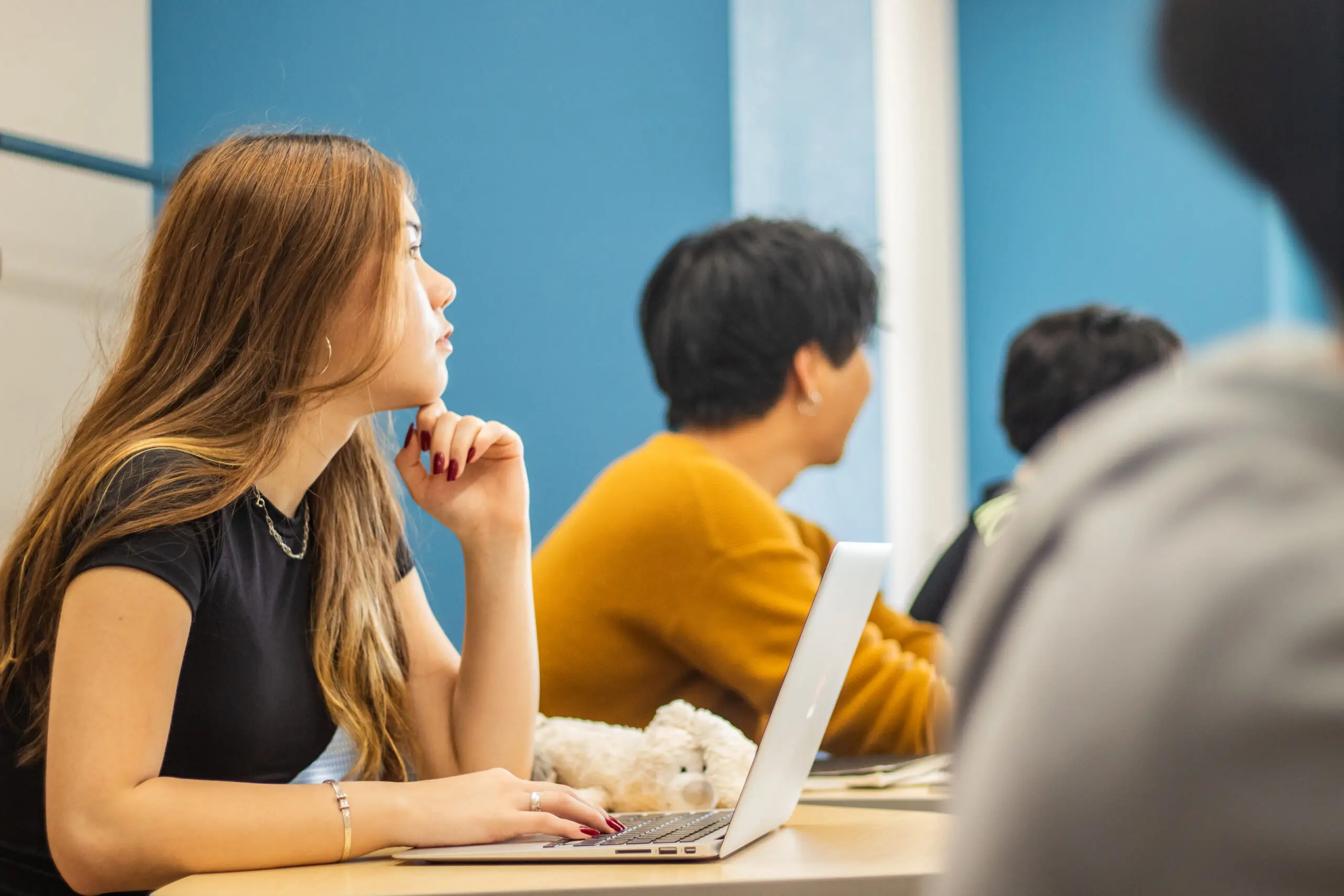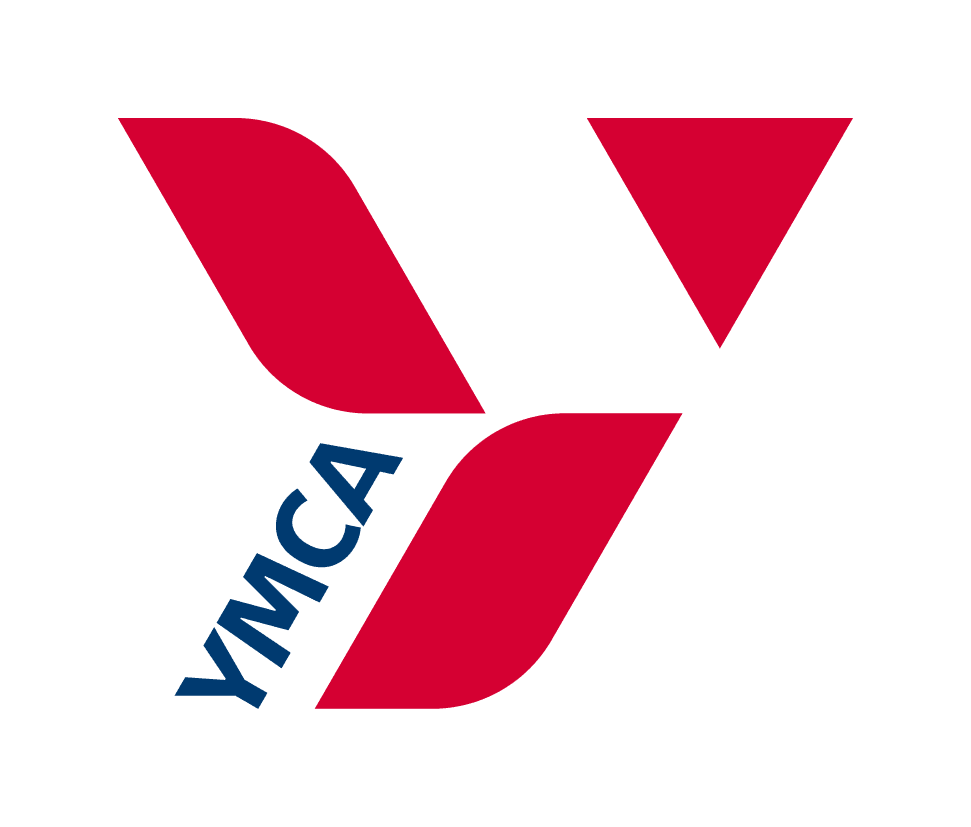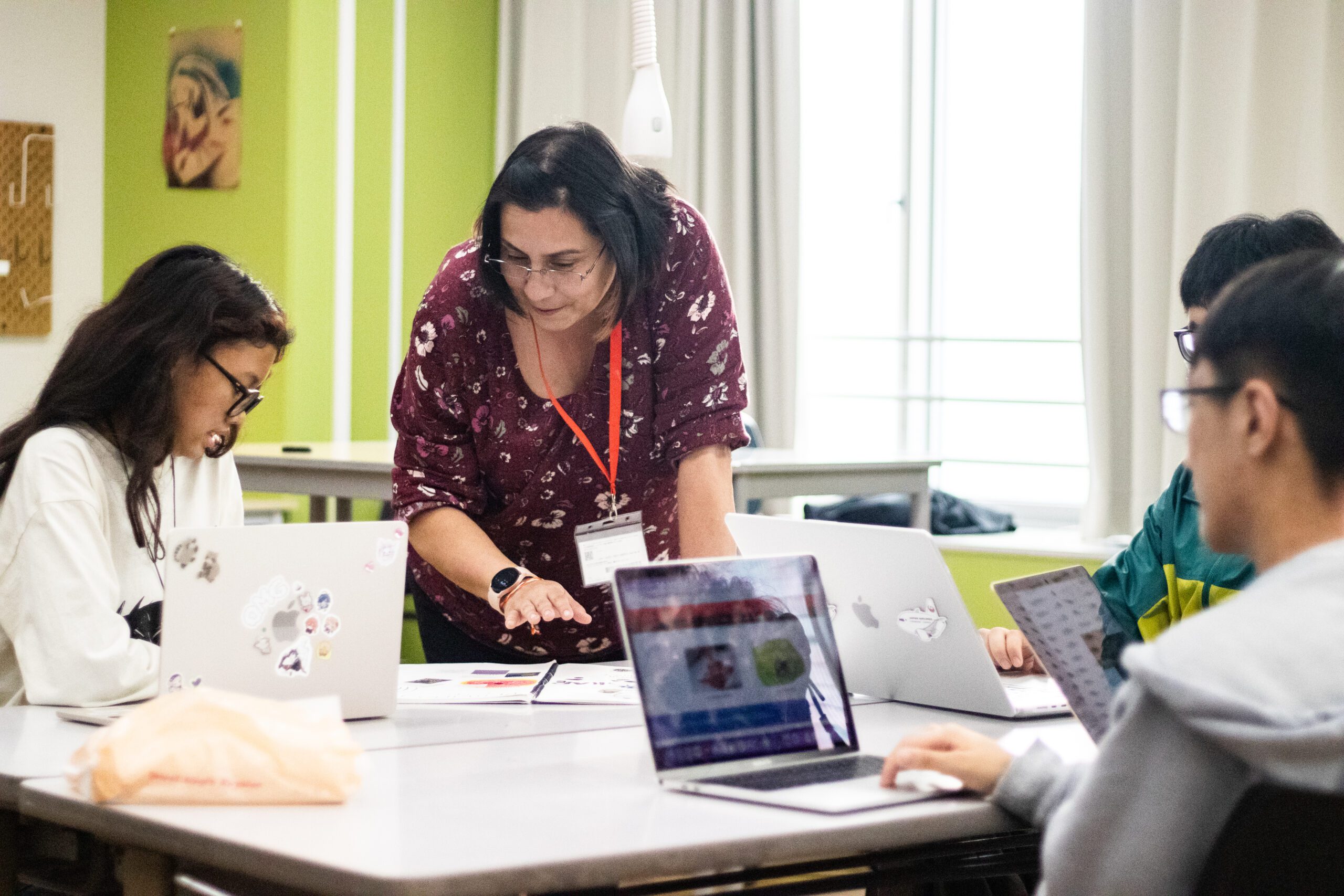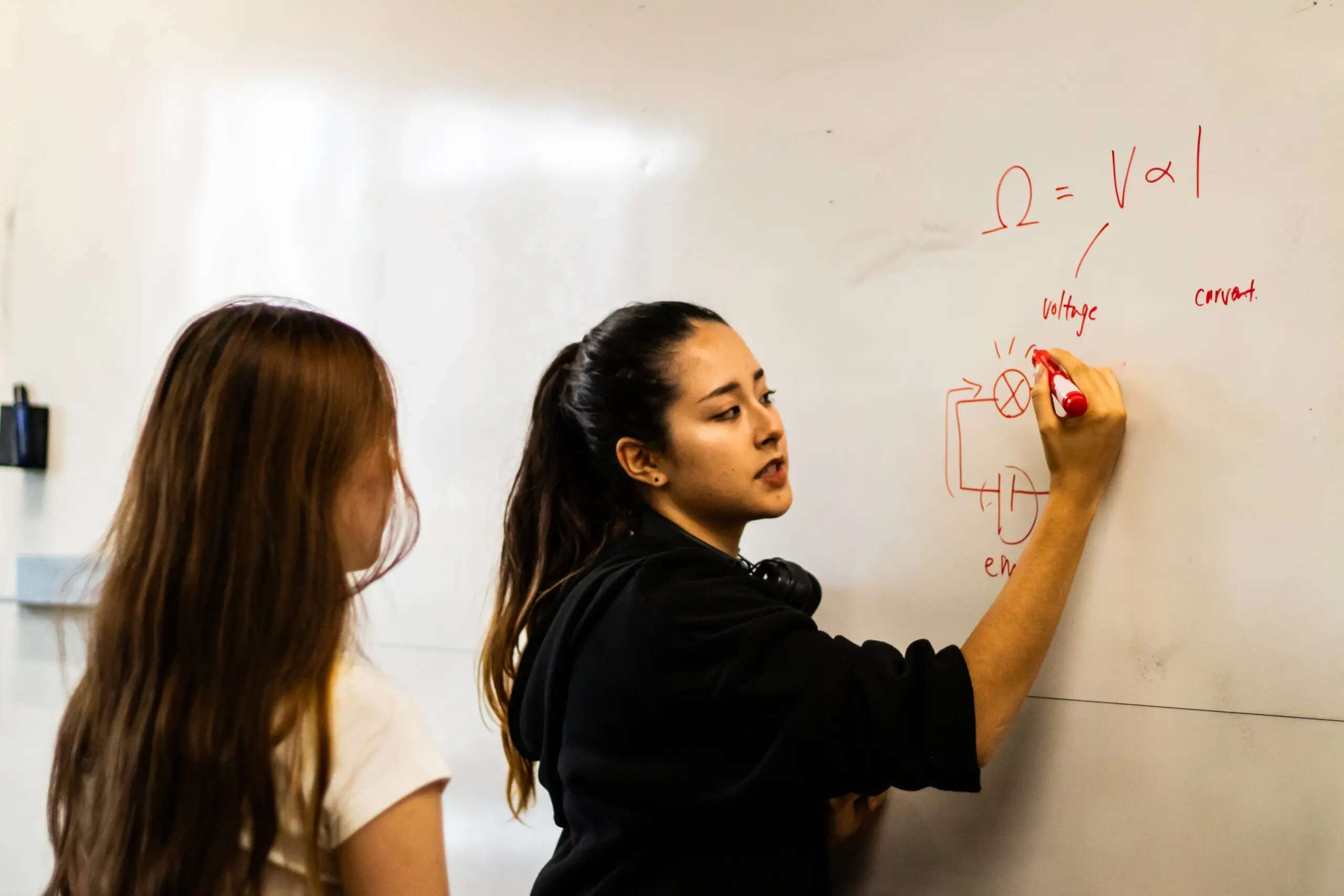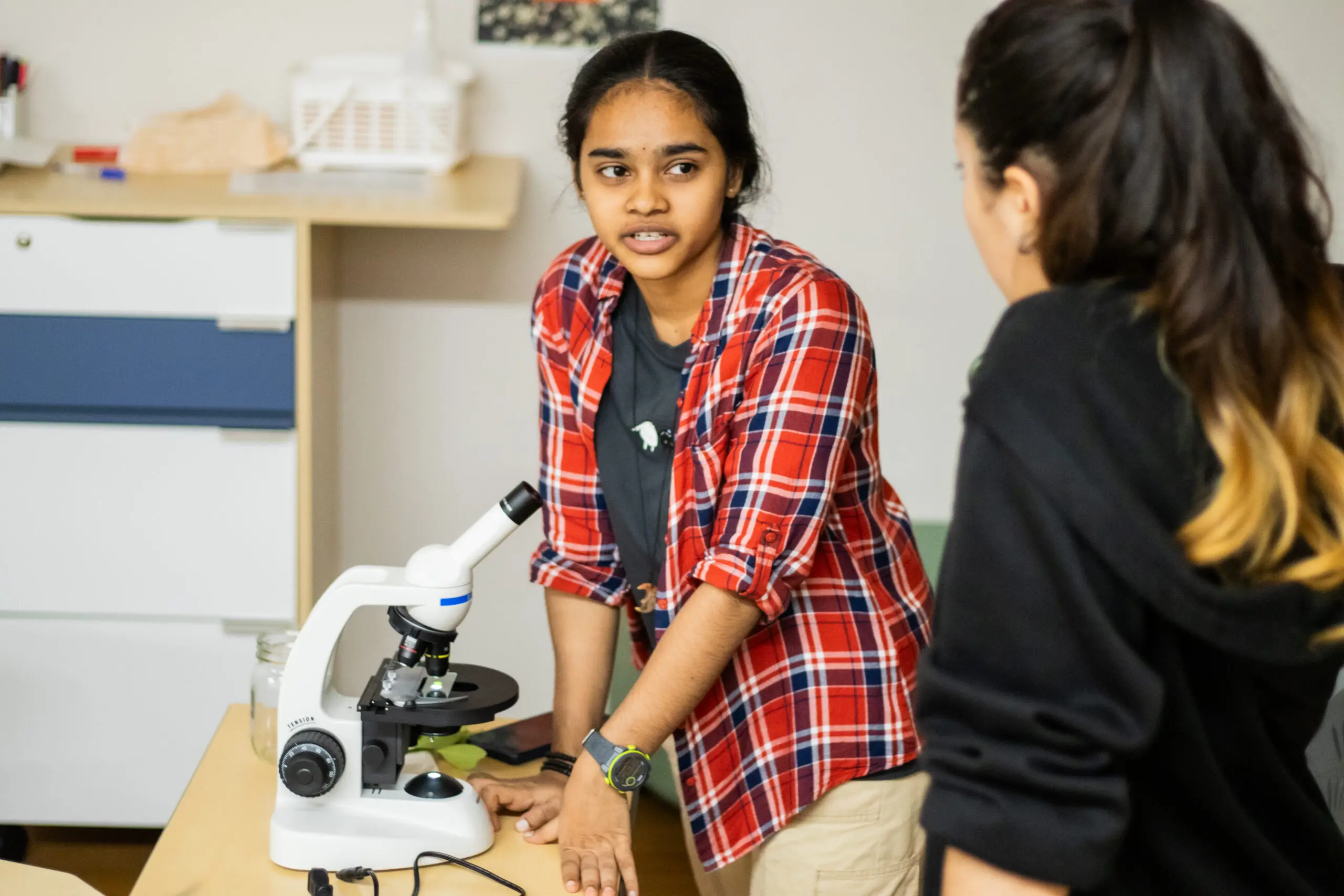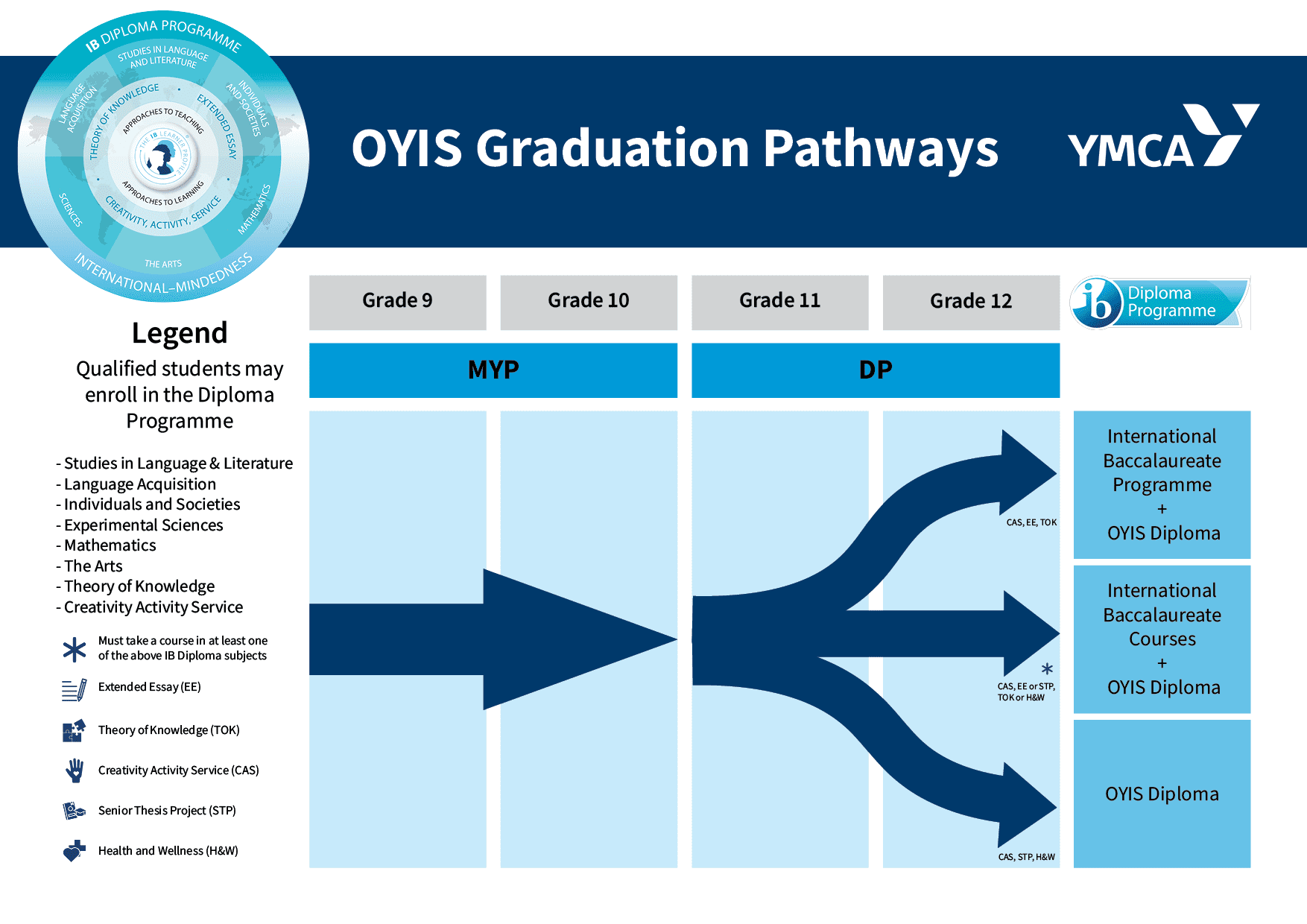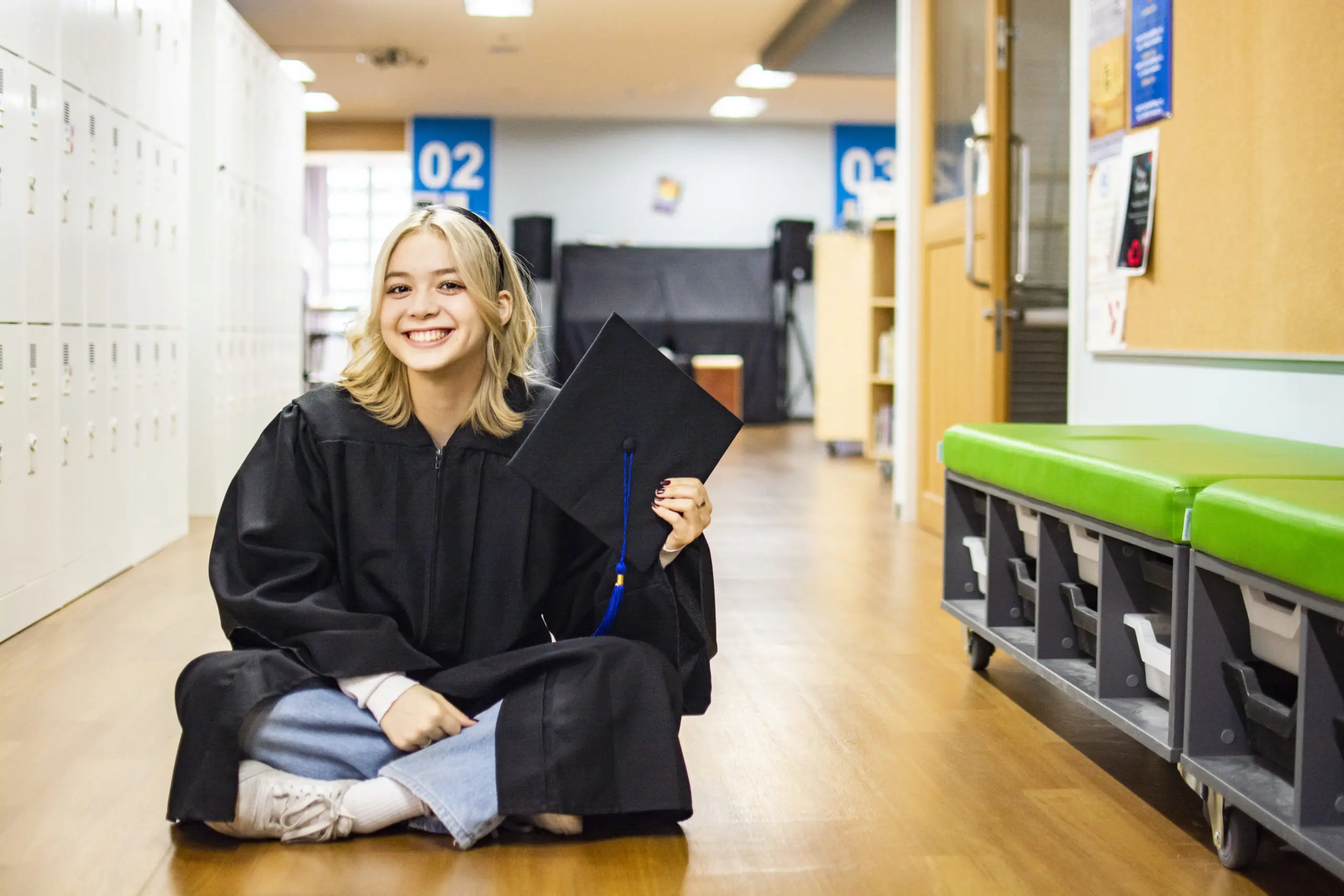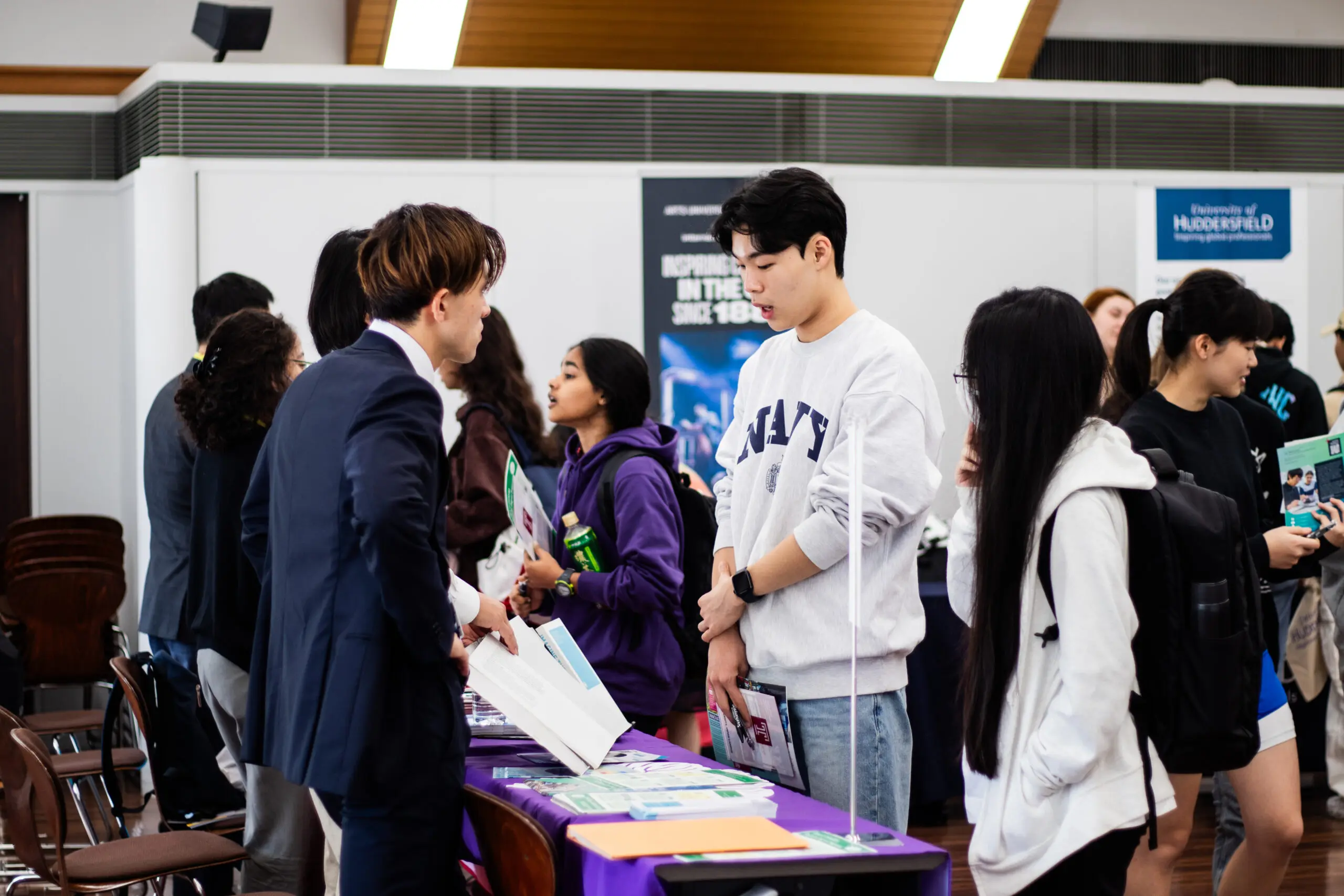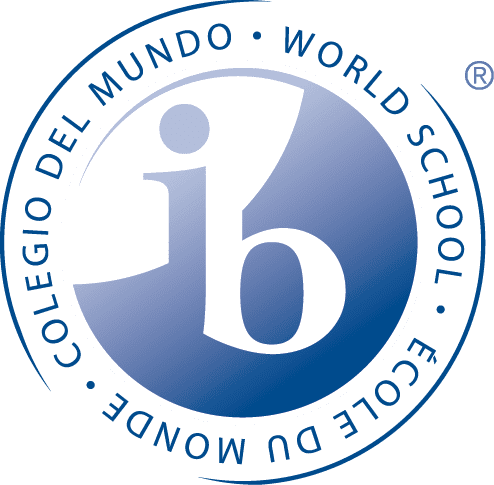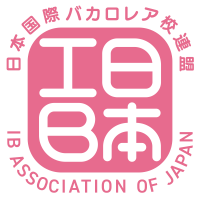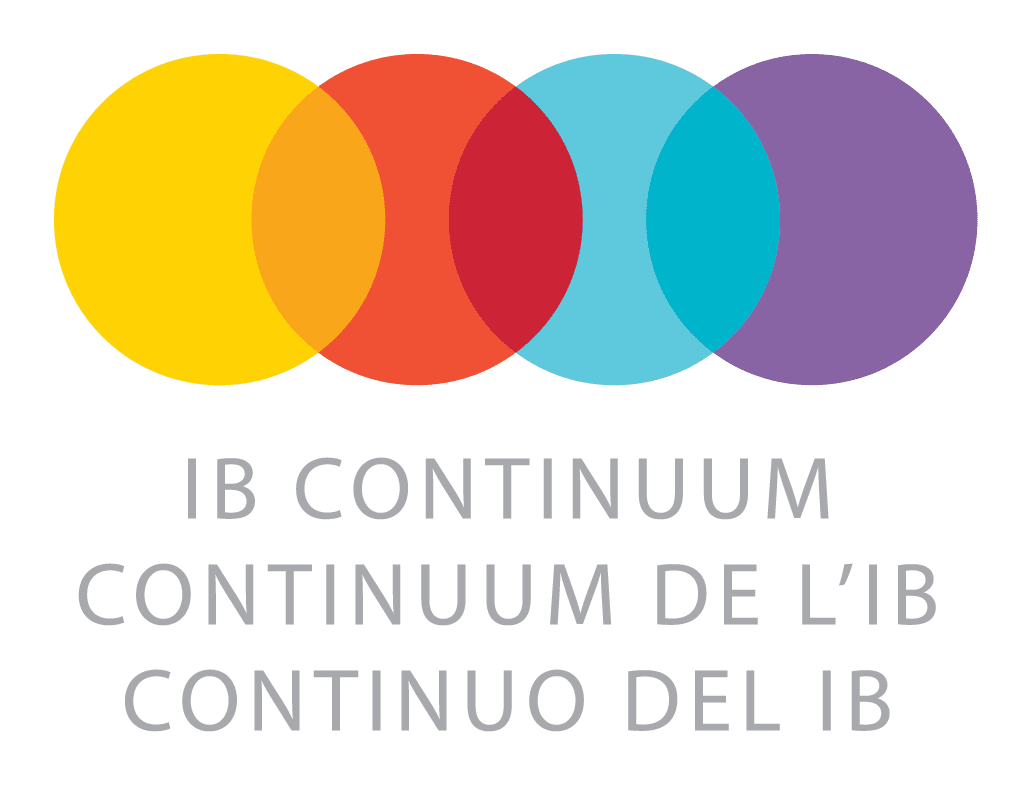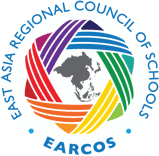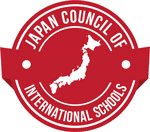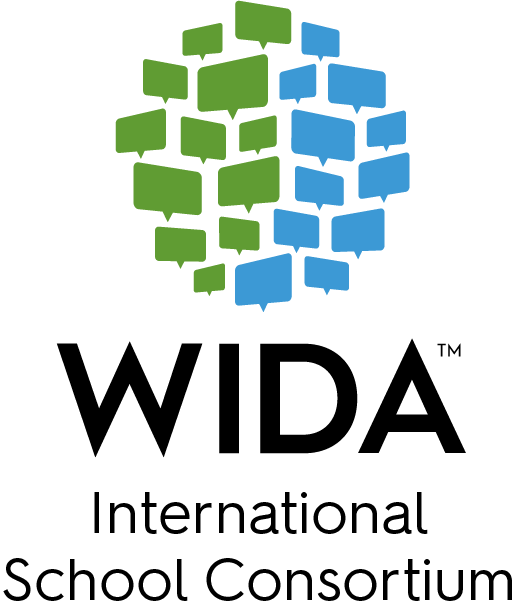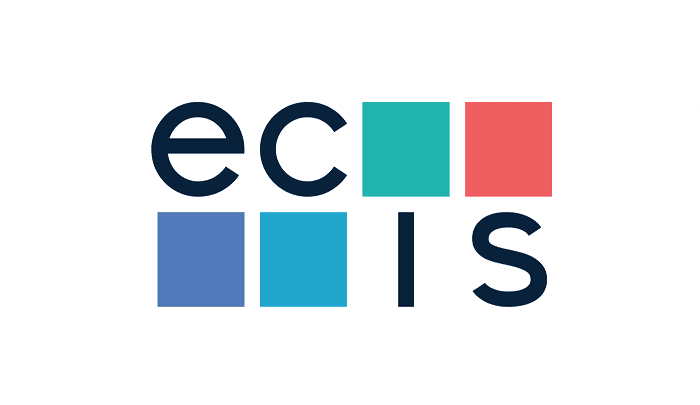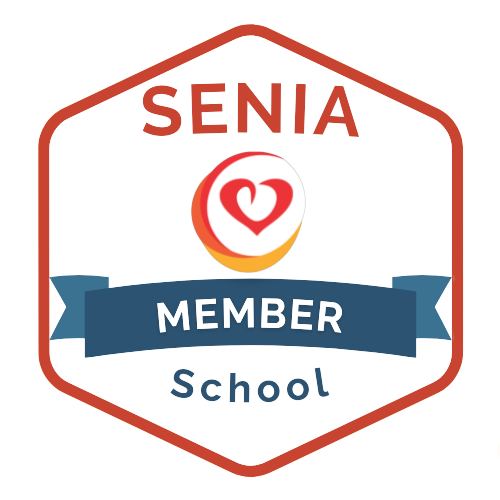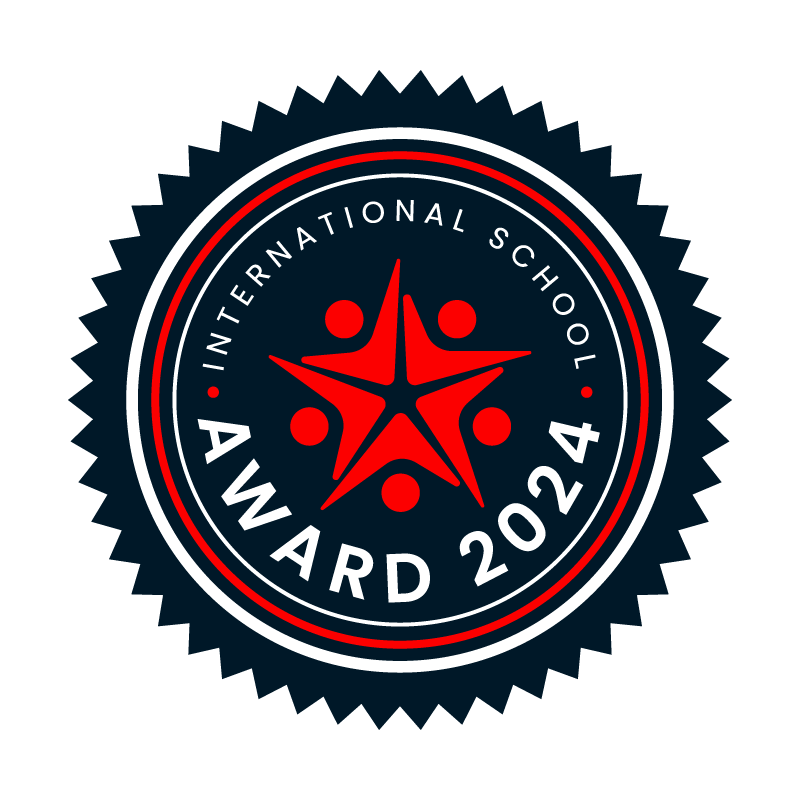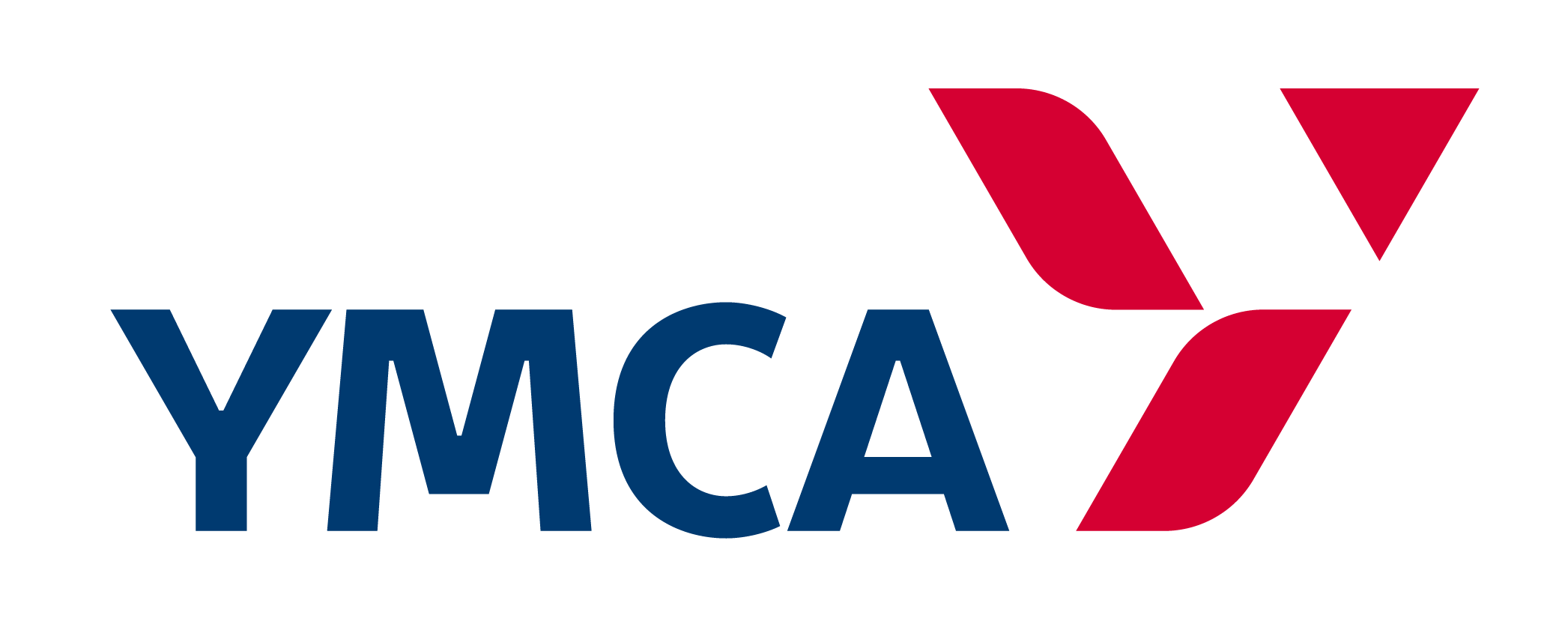The IB Diploma Programme is an academically challenging and balanced programme of education, with final examinations, that prepares students aged 16 to 19 for success at university and in life beyond. It has been designed to address the intellectual, social, emotional and physical well-being of students. The programme has gained recognition and respect from the world’s leading universities. (IBO, 2019)
The approaches to learning (ATL), which the IB programmes aim to develop, are cognitive, meta-cognitive and affective skills which are crucial for effective learning as well as in preparing students effectively for life beyond school. There are five ATL categories: thinking skills, communication skills, social skills, self-management skills, and research skills. By developing ATL skills and the attributes of the learner profile, DP students can become “self-regulated learners” (Kaplan 1998).
